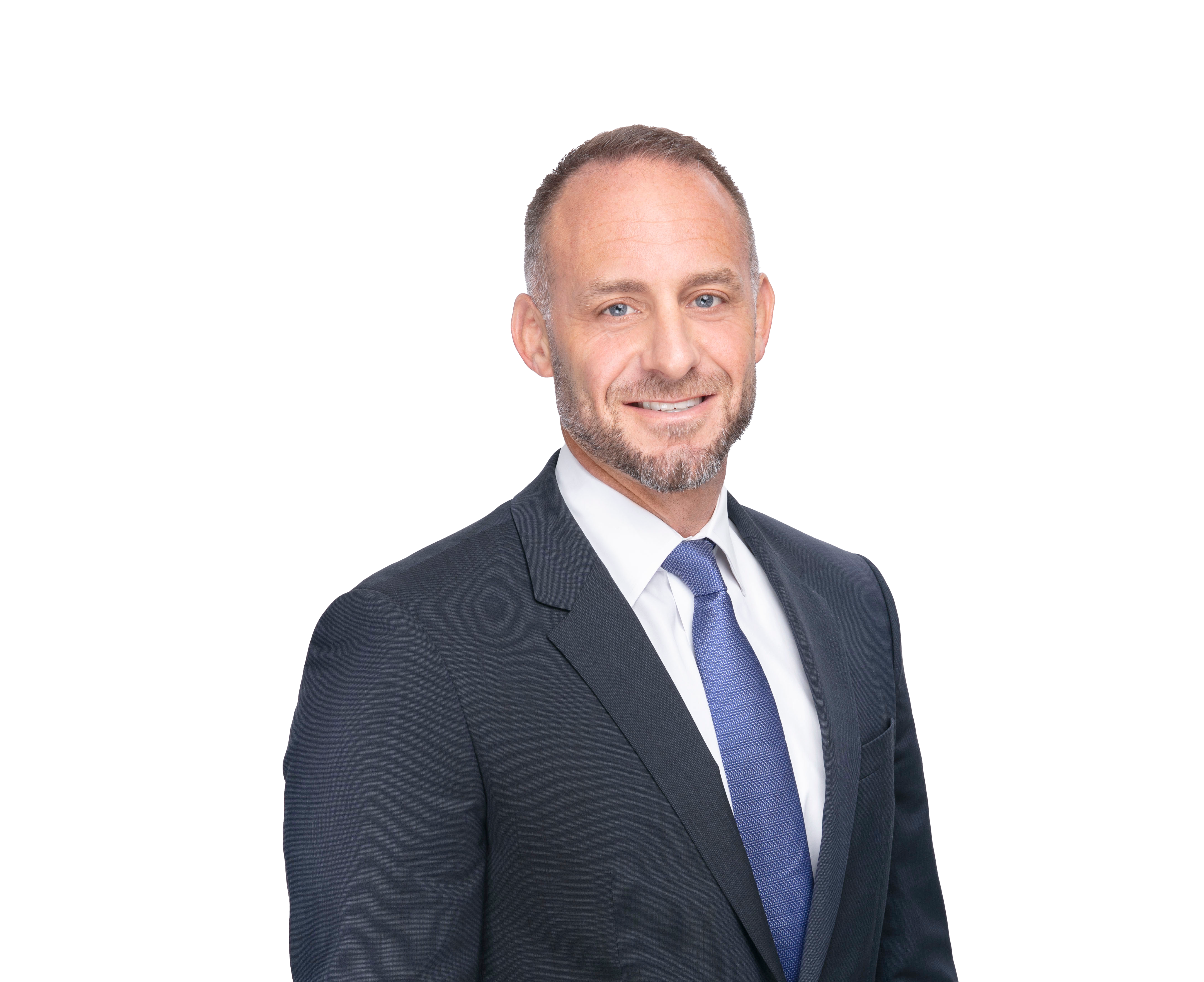
“Disasters Don’t Wait. Make Your Plan Today.” That is the theme of September’s National Preparedness Month. 1
September is the last month of the year’s third quarter. (Advanced mathematics were applied in the preceding sentence.) It is a time when businesses position themselves for the end of the current year and the beginning of the next. It affords a timely and efficient opportunity to review what has been and to anticipate – in real world terms – what can be.
Doing both of those functions requires an honest and accurate assessment of the facts ‘on the ground’ within and without one’s business. Even in light of the ongoing pandemic was the team able to perform in accordance with our mission, vision, and values? (Even if remotely.) Did internal (such as employees, contractors, vendors, and investors) and external stakeholders (such as customers and regulators) retain confidence in our short/mid/long-term stability to deliver outputs within expected quality parameters? Did we have or have access to the physical, financial, and human resources needed to survive and – better – to thrive?
Those are the ‘bread and butter’ of proactive risk management, a topic consistently and frequently addressed in this series as a methodology, a mindset to avoid losses and to learn from them for the better if they do occur. 2 (And even better to actually implement those lessons.)
To consult with an experienced business law lawyer today
855-780-9986
With proactive risk management in-mind – as it always should be for business – September is (as noted above) National Preparedness Month. 3 National Preparedness Month is organized by the U.S. Department of Homeland Security. One should review the many resources available to undertake effective, efficient, and economical individual, business, and community safety and operational preparedness.
But this federal preparedness agency is not the only source of useful information. The Florida Department of Health similarly has resources available to support our state, particularly in the area of health issues, which is important during the ongoing pandemic.
And the business community itself also affords tips and suggestions to its constituents. The U.S. Chamber of Commerce has compiled and developed commerce-oriented preparedness resources.
Since the fourth quarter and year-end are rapidly approaching, one focus should be paid on closing out books-and-records and accounts with an eye towards the upcoming tax season. Are the books and records accurate and complete? Have all current year filings been made and paid? Are accounts receivable and payable current within reasonably predicable metrics? Will all of this lead towards an expected tax outcome? And can all of that data be converted to the required tax reporting documentation? (One more – Has the business’ tax attorney and accountant been contacted?) Simply put, if a business has been engaged in proactive activities all the year, all of this should be the case, and should be able to be produced in a non-disruptive manner towards ongoing operations.
To a well-planned (and implemented) fourth quarter, year-end, and even new year!
=====================
1 National Preparedness Month.
2 See Preparing For That Which Cannot Be Prepared
3 September is National Preparedness Month. So Let Us Do Just That..
=====================
Information about Bogin, Munns & Munns’ own response to Coronavirus readiness.
To learn about Bogin, Munns & Munns’ scholarship programs visit FASD Scholarship and Focus On The Family Scholarship.
=====================
– For more information, call Philip N. Kabler of the Gainesville, FL office of Bogin, Munns & Munns at 352.332.7688, where he practices in the areas of business, banking, real estate, and equine law. He has taught business and real estate law courses at the University of Florida Warrington College of Business Administration and Levin College of Law and is the President-Elect of the Eighth Judicial Circuit Bar Association.
Click to contact our Florida Attorneys today
NOTICE: The article above is not intended to serve as legal advice, and you should not rely on it as such. It is offered only as general information. You should consult with a duly licensed attorney regarding your Florida legal matter, as every situation is unique. Please know that merely reading this article, subscribing to this blog, or otherwise contacting Bogin, Munns & Munns does not establish an attorney-client relationship with our firm. Should you seek legal representation from Bogin, Munns & Munns, any such representation must first be agreed to by the firm and confirmed in a written agreement.
Call or Submit Our Consultation Request Form Today





